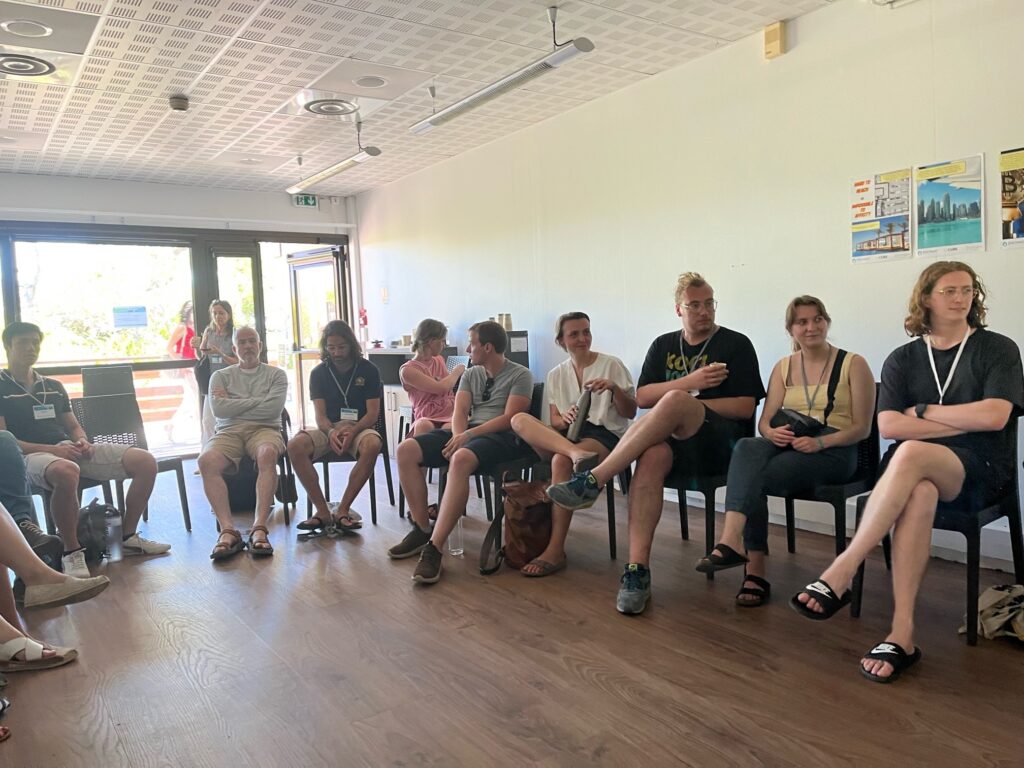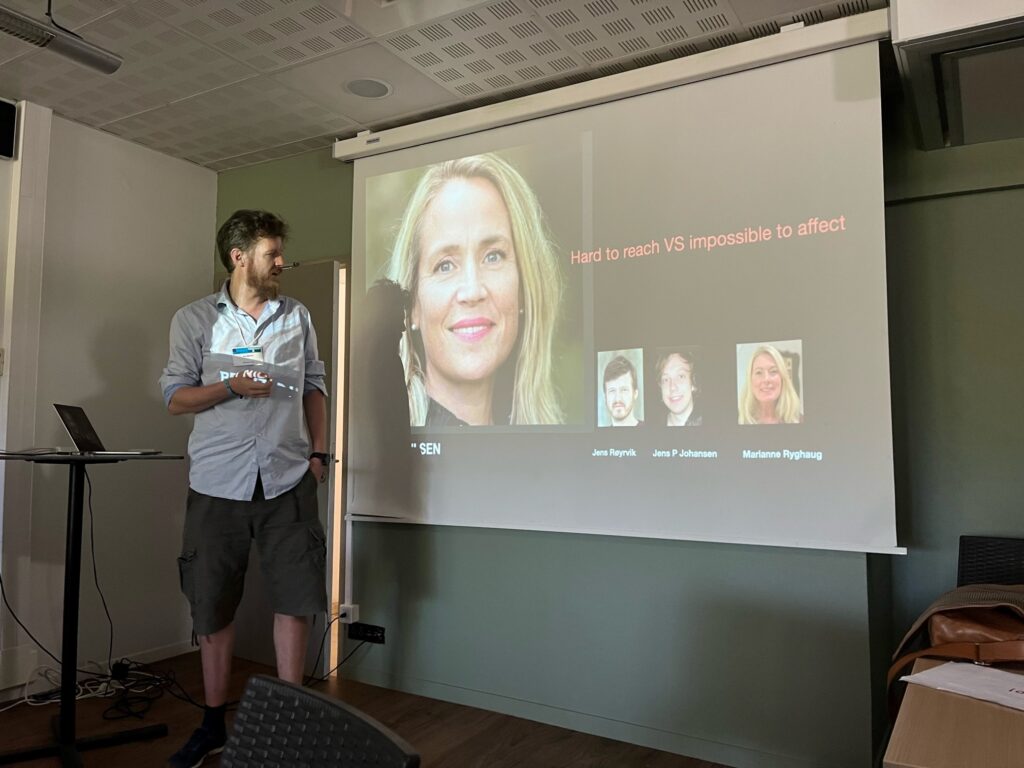From June 6th to 11th, the DIALOGUES project was at ECEEE Summer Study on energy efficiency in Hyeres, France, represented by our partners from NTNU Social Research, who participated in panel 5: towards sustainable and resilient.
This year, the Summer Study focused on the people and forces that are agents of change, with the objective of building and supporting the generation and sharing of evidence-based knowledge on energy efficiency and demand reduction. The program for the Summer Study 2022 was packed with interesting topics that led to great discussions and knowledge sharing.
Under this promising context, DIALOGUES organised a workshop that brought together more than 25 motivated participants on the topic of “energy citizenship in rural communities“.
During the workshop, firstly, the project objectives and main activities were presented, then, the different challenges and measures for the energy transition in rural communities were introduced, addressing questions such as:
Participants learned and were engaged in the discussion about the role that “buildings”, the “workplace” and “social leisure activities” have in the energy transition and their impact on energy use. Gender and age aspects were also an aspect addressed during the session in particular considering the rural context.

The workshop also included an informal session, co-organised by the projects DIALOGUES, ENCHANT and CURE, that tackled a very interesting topic “hard to reach vs impossible to affect“. In the green transition, we usually talk about the “hard to reach” groups, represented by the poor, uneducated, marginalised, peripheral groups in society, but in this session, DIALOGUES proposed to shift the focus and discuss the ones that are “impossible to affect”, the rich and wealthy. One of the main issues that were presented for further discussion was: since regular economic incentives don’t necessarily have an impact on these groups how can the wealthy, urban, and powerful elites be targeted in the energy transition?
